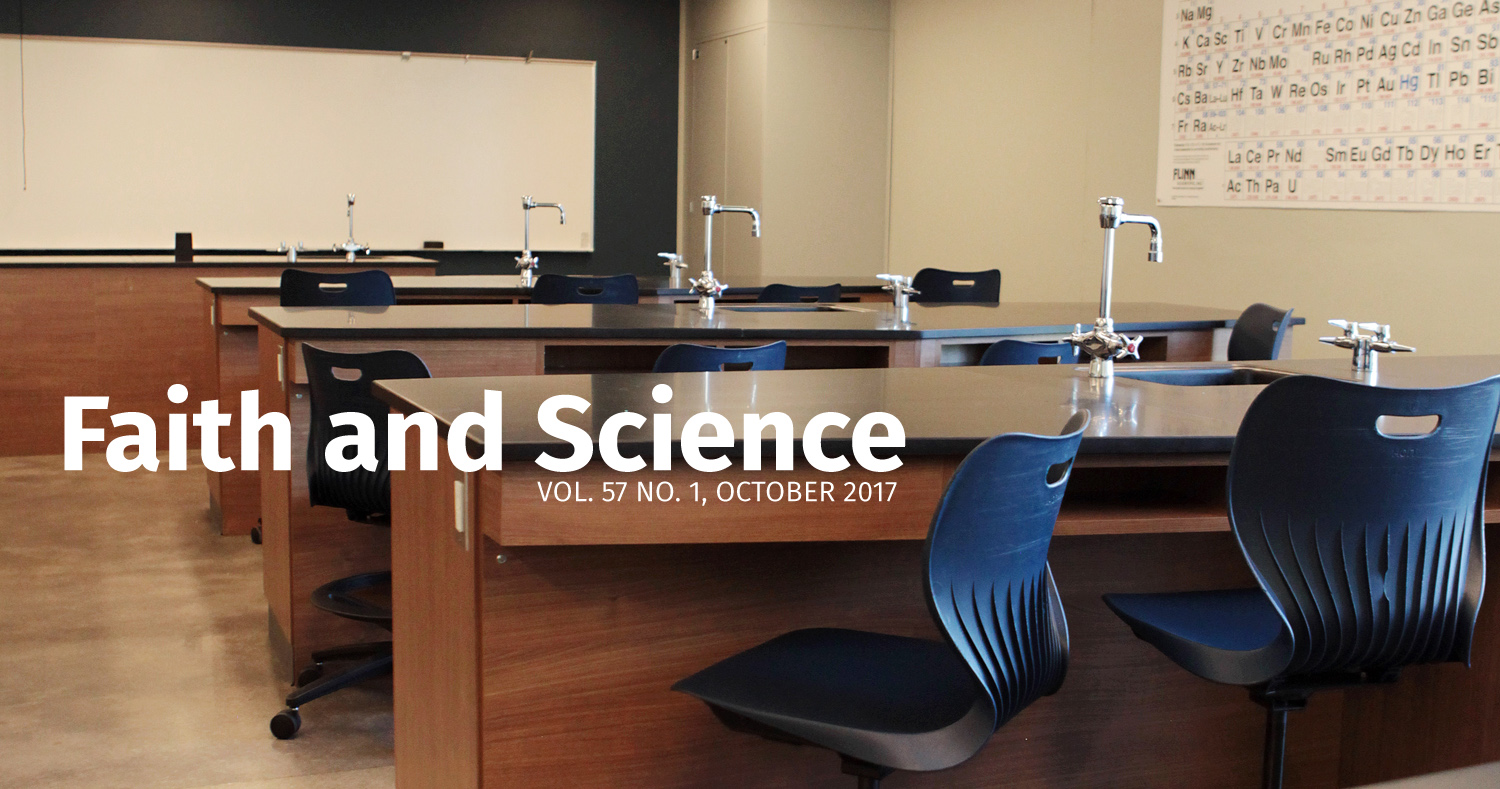Fifty years have passed since I took my first college biology course. In 1967, the genetic code had just been deciphered. For the first time, I watched an animated filmstrip of the dance of life on a projector screen: ribosomes moved along a messenger RNA with tRNAs jumping on and off; a chain of highly ordered amino acids emerged from the ribosome, each precisely positioned according to instruction in the mRNA molecule. Unbelievable. The most beautiful thing I’d ever seen.
It was also the year when I met my first evolutionary biologist—the professor of my introductory course. I grew up in a sheltered family and church community, so I thought that people like him were constantly scowling or even had horns. I liked him. He was a kind and gentle man. I wondered how someone who I assumed didn’t believe in God could be just like the people in my church—kind and considerate. I led a devotional in my church that semester, and I raised the importance of the genuine and consistently loving nature of our faith. If even an evolutionary biologist could display the fruit of the Spirit, we as followers of Jesus ought to be able to do so even better. I think I based this devotional on 1 Peter 3:15, “But in your hearts revere Christ as Lord. Always be prepared to give an answer to everyone who asks you to give the reason for the hope that you have. But do this with gentleness and respect” (NIV).
Fifty years later, knowledge in biology as a discipline has taken us way beyond anything we could have dreamed. We have decoded all three billion bits required for the emergence of the human body from a single fertilized egg, and through new gene editing technology, anyone with very little training can alter the code of life. Synthetic biologists are able to construct cells with a new genetic code, allowing the production of engineered proteins, which contain never-before-used building blocks, to make nano-machines geared toward particular highly specific tasks. As neuroscientists map connections in the human brain, we are on the cusp of being able to manipulate its inner signals to change behavior and even personality.
Sometimes I wish I could go back and whisper in the ear of that college student (me) who was so spiritually moved by the dancing ribosomes. “You haven’t seen anything yet,” I would whisper. Now though, with genetic engineering and the potential to alter who we are in full swing, human beings are setting themselves up to do things previously done only by God. Since human beings are not God, the power we are about to wield is scary. Come to think of it, I don’t think I want to whisper in his ear—let him enjoy his heavenly experience of watching the ribosomes and tRNA dance. There is another world about which Christians need to be concerned, but he’ll find out about it soon enough.
Works Cited
Dennett, Daniel C. From Bacteria to Bach and Back: The Evolution of Minds. Norton, 2017.
Harari, Yuval Noah. Sapiens: A Brief History of Humankind. Harvill Secker, 2014.
———. Homo Deus: A Brief History of Tomorrow. HarperCollins, 2017.
Darrel Falk (PhD, University of Alberta) has served as professor of biology (1988–2012), dean of education and vice provost of graduate studies (2001–2006) at Point Loma Nazarene University and president of the science/Christian faith organization BioLogos (2009–2012). He is now Emeritus Professor of Biology, Point Loma Nazarene University and senior advisor for Dialog at BioLogos. He is a member of the American Association for the Advancement of Science, the Genetics Society of America, and the American Scientific Affiliation. Falk is the author of Coming to Peace with Science: Bridging the Worlds Between Faith and Biology.
